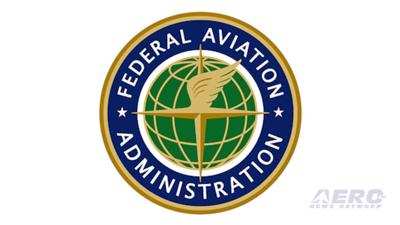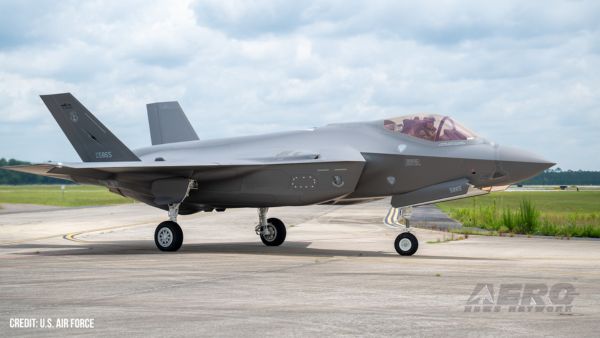Mon, May 26, 2025
Advertisement
More News
 Aero-News: Quote of the Day (08.28.25)
Aero-News: Quote of the Day (08.28.25)
“We have seen astounding demand for the G800, and the entire Gulfstream team is excited to begin making deliveries to our customers. The G800 is entering service with extraor>[...]
 ANN's Daily Aero-Linx (08.28.25)
ANN's Daily Aero-Linx (08.28.25)
Aero Linx: Recreational Aviation Australia (RAAus) Recreational Aviation Australia is progressively working towards improving safety outcomes through a holistic approach to safety >[...]
 Classic Klyde Morris (08.25.25)
Classic Klyde Morris (08.25.25)
Classic Klyde Morris From 11.07.16 (and Remembering Bob...) FMI: www.klydemorris.com>[...]
 Airborne 08.25.25: Zenith Homecoming, VP Racing, Affordable Flying Expo 2025
Airborne 08.25.25: Zenith Homecoming, VP Racing, Affordable Flying Expo 2025
Also: GADFLY AI-Driven Engine Analysis, Knockoff Iranian Drones, Russian Surveillance, 40 NASA Missions Chopped This year’s Zenith Homecoming event will soon be taking off at>[...]
 Airborne 08.22.25: ARC Spinoff, Nat'l Championship Air Races, Hawkins Accident
Airborne 08.22.25: ARC Spinoff, Nat'l Championship Air Races, Hawkins Accident
Also: H55 Completes American Tour, Robinson Trade-Ins, Retired AV-8B Harrier, NS-35 Mission Organizers of the iconic annual Air Race Classic will soon be opening registration for t>[...]
blog comments powered by Disqus





